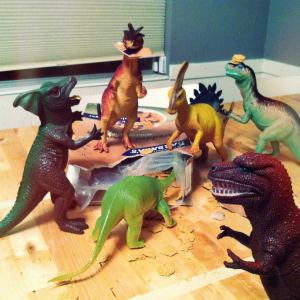This week features a series of posts endeavoring to draw themes from the Delight Conference 2014 in Portland, as well as Design Week Portland. I shall each day post some thoughts collected in categories of creativity, curiosity, meaning, community, and empathy.
Community, Connection and Belonging
Refe Tuma seems, based on my brief acquaintanceship, to be the epitome of community and connection. In encountering him both through his presentation and in person, he expressed warmth, openness, a desire to listen, interest in me and creating interest in his own life, and an infectious optimism. Several comments he made during his session stuck with me, especially that if community is the goal, you can’t do community. Communities form and own themselves, adapting with gestalt characteristics that defy control. Intimacy with the community and between that community’s constituents must be earned. All this makes for a self-defeating paradox tripping up too many controlling planners and strategists.
Tuma’s comments reminded me of what Genevieve Bell had said earlier in the day about the human need to possess secrets and to tell lies. There are a variety of psychological, sociological and other drivers of this trait, yet secrets and lies seem to me to be bartering chips enabling us to trade up or down the ladder of intimacy, strengthening or damaging the bonds of friendship and hence the bonds of community.
A contemporary danger that user experience strategists must be attentive to is how these ideas inform development and encouragement of social media communities. We keep secrets and we lie, and it is much easier to do so without a sense of reciprocity or accountability in online forums and media. Social media communities do not carry the degree of earned intimacy that Tuma identifies, and instead we build communities that are inauthentic charades. Eventually, with fragile ties, they collapse.
When organizations or strategists try to build community, they see themselves as outside it, like a puppet master, or within it as omnipotent or controlling, like a community Wizard of Oz. Yet the experience of community is a construct of everyone within the community, being simultaneously of themselves yet outside of themselves. The sense of being within an entity larger than ourselves while also being a distinct individual is part of why community feels so good to us, as it also ties to Bell’s idea of meaning in our life (and not just connection). Strategists and designers of user experiences need to have the strength to set the scene from time to time but be willing to leave the dialogue to the community actors.
Tomorrow: The next post in this series reflecting on Delight 2014 looks at the theme of meaningful experience…

